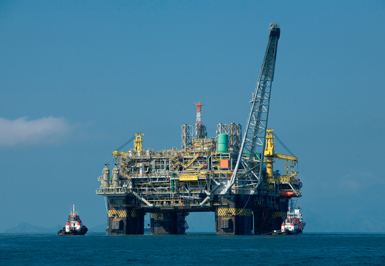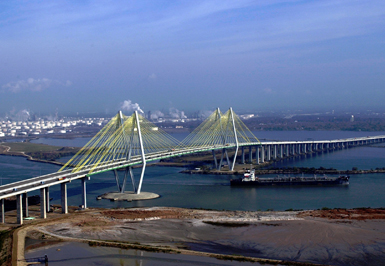An accident on a gas platform in the North Sea earlier this year left two dead and one injured. It seems to have been caused by an equipment malfunction, so the platform was not evacuated as it would have been in the case of a leak.
Due to other North Sea accidents and vocal concerns that equipment on North Sea platforms should be replaced or at least closely inspected due to age, it is clearly a dangerous time to be an offshore worker on these platforms. However, even if such inspections were carried out, there would still be risk.
Regardless of the inevitability of risk, companies carry the responsibility to protect their workers as much as possible. Whether the company should have anticipated the failure of the faulty part is difficult to say, but because it did not, two workers have lost their lives.
Offshore workers do have legal recourse to companies cutting corners or otherwise not doing the best job of protecting them. There are many ways that a maritime worker can get compensation for injuries or that their families can be compensated for an accident that ends in death.
The best option is to have maritime injury attorneys at the ready. After you have already been injured is no time to be looking for a lawyer to help get the money you need to pay your hospital bills. Call Kirkendall Dwyer LLP today to either find out more about your options should you be injured in the workplace or just want to form a working relationship with the company in case the worst should occur. Their lawyers have experience in maritime injury cases.











